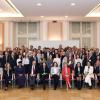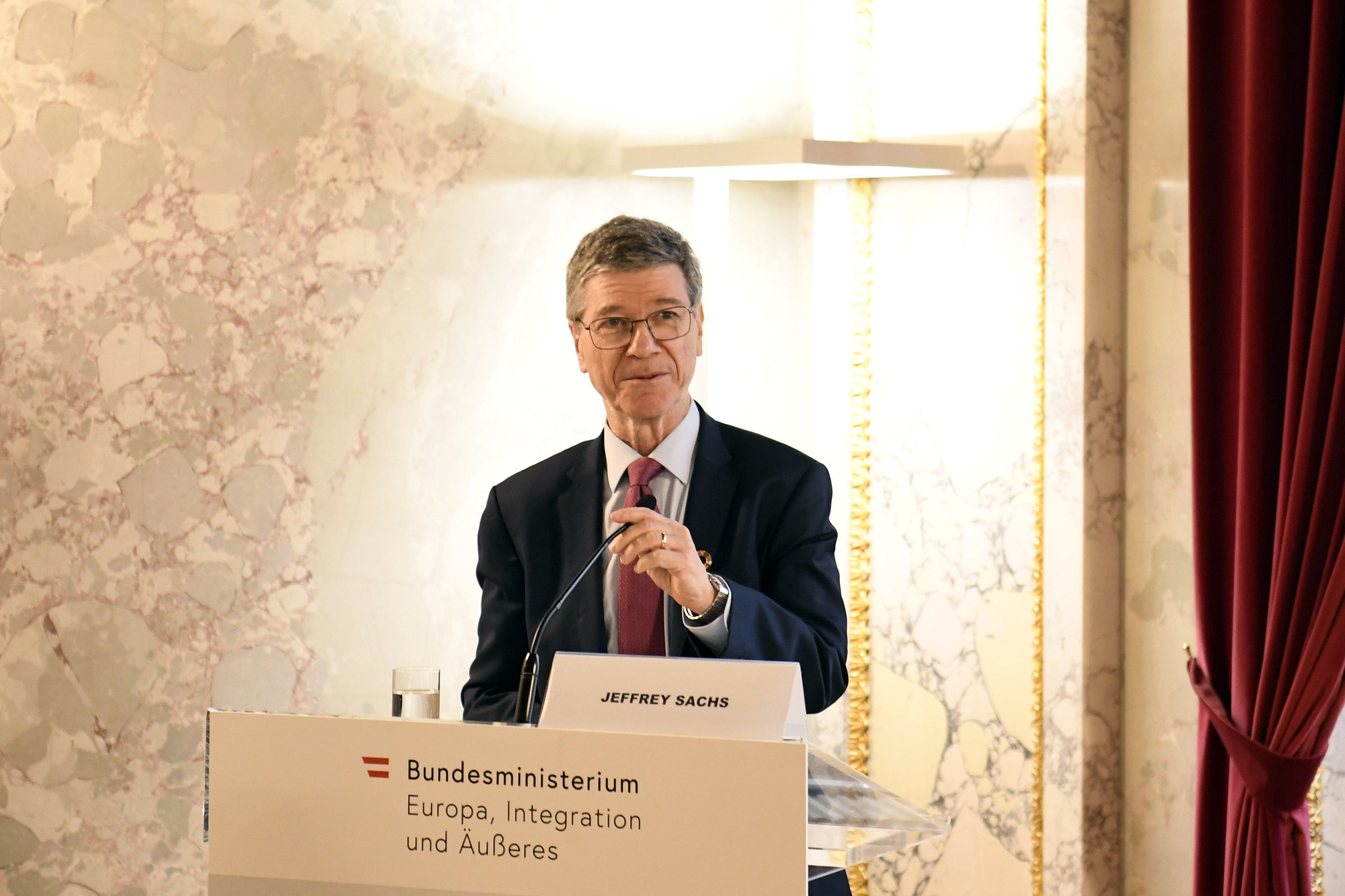
In November 2019, IIASA cohosted the annual global meeting of science advisors to ministers of foreign affairs and other experts to discuss pressing issues in science diplomacy.
 © Mahmood | BMEIA
© Mahmood | BMEIA
Using science to inform foreign policy is vital to furthering national interests and tackling shared global challenges. Climate change, as well as pandemics like COVID-19 impact everyone on the planet, regardless of international borders, and emerging digital technologies such as deep fakes and cryptocurrencies bypass national jurisdictions and create tensions between nations. National interests are increasingly entering international spaces previously governed by science, such as the Arctic, the deep sea, and outer space. Ministries of foreign affairs and diplomatic services around the world are being confronted with these issues, and including the methods and findings of science and technology into policymaking are part of a growing trend in foreign policy.
With this in mind, IIASA, the International Network for Government Science Advice (INGSA), the Austrian Federal Ministry of Europe, Integration and Foreign Affairs, the Diplomatische Akademie Wien (Vienna School of International Studies), and the Natural History Museum Vienna, jointly organized the global meeting of the Foreign Ministries Science and Technology Advice Network (FMSTAN) and the Science Policy in Diplomacy and External Relations (SPIDER) network. The two-day event was the largest since the founding of the network, and brought together more than 100 people at the intersection of science and diplomacy from around the world, representing governments and institutions from 50 countries.
Special Advisor to the UN Secretary-General on the Sustainable Development Goals (SDGs), Jeffrey Sachs, delivered an opening lecture highlighting the essential role of science and diplomacy in achieving the SDGs, and emphasized the need for better collaboration with China to tackle climate change and other crises. Panel discussions focused on the role science has to play in international security policies and the challenges science diplomacy faces in the current geopolitical environment.
A range of thematic sessions addressed issues including the need for tech diplomacy in an age when the influence of technology companies has expanded to match, or even surpass, that of many nation states. Representatives from the European Space Policy Institute and the UN Office for Outer Space Affairs drew attention to challenges facing space diplomacy, emphasizing that the Earth’s orbit is increasingly congested and competitive and can no longer be seen as an unlimited resource.
Martin Lees, the former Rector of the University for Peace of the UN, outlined the importance of systemic thinking in policymaking using the strategic partnership of IIASA with the Organisation for Economic Co-Operation and Development (OECD) as a case study.
“Against a backdrop of increasing global complexities, evidence-based information is vital for informed decision making in foreign affairs. The FMSTAN/SPIDER meeting demonstrated the extraordinary convening power of IIASA in the field of science diplomacy. We called, and science advisors to ministers of foreign affairs from across the world came to Vienna to discuss issues of joint concern, such as the SDGs and the impact of digital technologies," comments IIASA Acting Chief Operations Officer, Jan Marco Müller.
Further information:
www.iiasa.ac.at/events/FMSTAN-19
Jan Marco Müller muellerj@iiasa.ac.at
By Rachel Potter